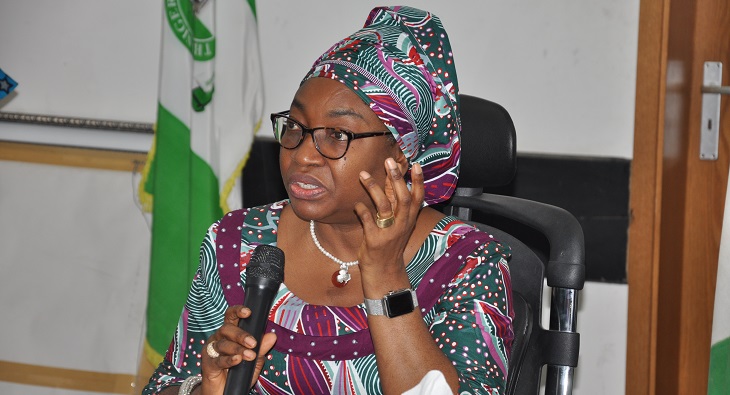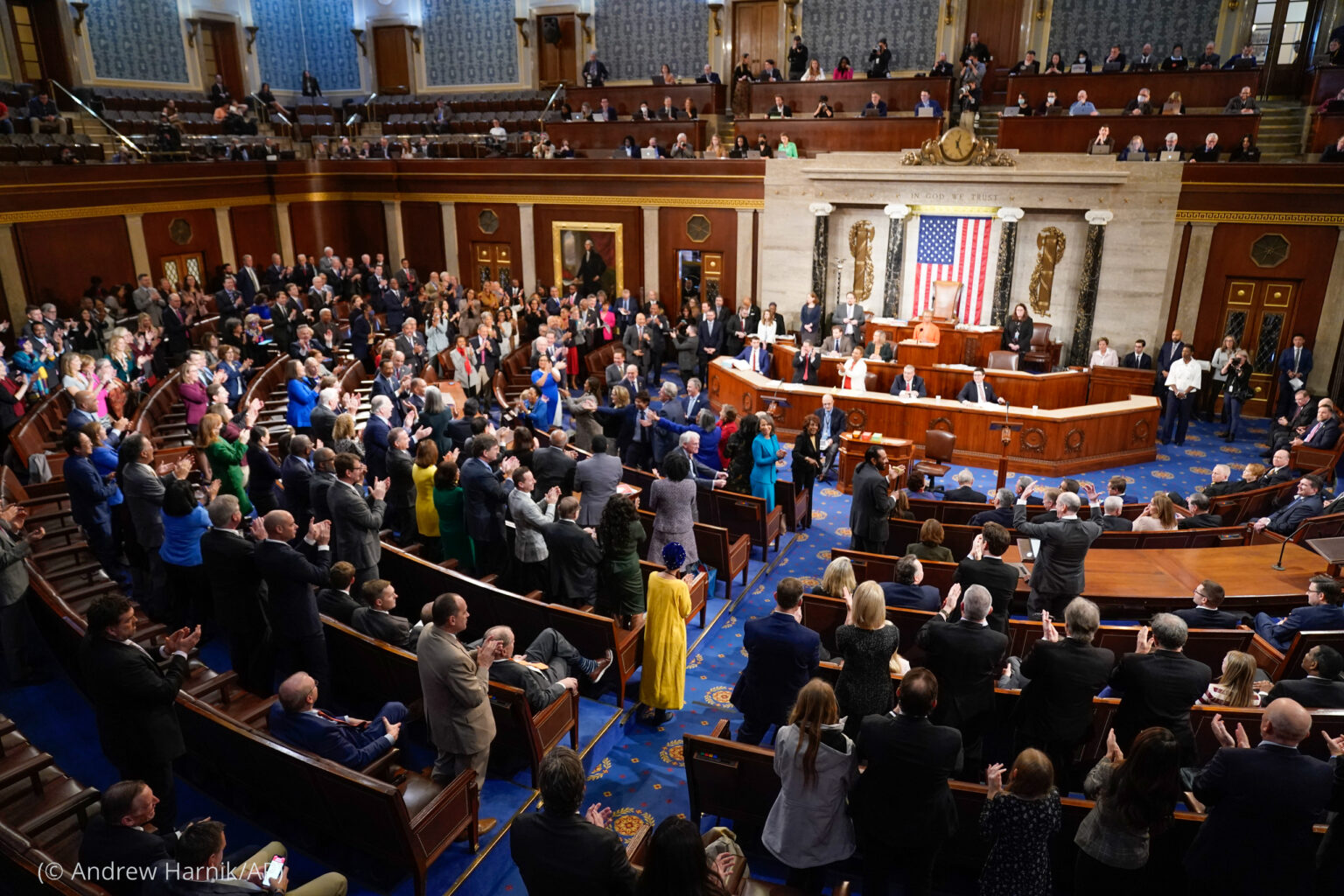Oyo-Ita, has also commenced moves to make the public service an effective machinery of government for improved service delivery with the home grown 2017 – 2020 FCSSIP, a strategy initiated by her, and her team of expertise to reposition the Nigerian Federal Public Service.
The strategy, according to the Office of the Head of the Civil Service of the Federation (OHCSF), is in line with the current Administration of President Muhammadu Buhari’s Change agenda and Economic Recovery and Growth Plan (ERGP), which will chart a new course for the service intended to make the service Efficient, Productive, Incorruptible and Citizen-centred (EPIC).
Speaking during a service wide sensitization workshop on the 2017-2020 Federal Civil Service Strategy and Implementation Plan (FCSSIP), Oyo-Ita said the Presidential Committee on Minimum Wage will bring a lasting solution to the prayers of “poor civil servants”.
The workshop, which was organized for Directorate level Officers (GL 15-17) in the Ministry and Extra-Ministerial Departments, was held on Wednesday at the International Conference Centre in Abuja, the nation’s capital.
Oyo-Ita said the president has undertaken to bridge the salary difference between civil servants and the public service.
She described the 80,000 civil servants that make up the 1.2 million public servants in the country, as the “back-bone of government” and most patriotic set of Nigerians, as they don’t protest or go on strike.
She said: “There is a misconception that almost the whole country has, as regards civil servants salaries viz-a-viz public servant salaries, now the public service is the entire gamut of organisations that source their funds from the federal treasury and their activities are guided by government operations.
“The public service includes military, para-military, parastatals, agencies and the core civil service.
“So when people talk about the personnel cost of government being so high, they are talking about the entire public service structure, but within the public service structure there are a few people that are just about 80,000 in number and this 80,000 are the poor civil servants in the ministries and departments.
“It is on the shoulder of this poor civil servants that the entire public service and governance lies. This 80,000 people are the people you see whose salaries are very poor.
“In the public service what an average public servant on level 16 for example earns is two and a half times what the director in the ministry earns, and that director is meant to be supervising the parastatal or agency under his ministry.
“Now this 80,000 people are the poor civil servants that really need attention and we are looking into this under the Presidential Committee on Minimum Wage, where we would address all these matters.
“The disparity between the parastatals and the civil servants in the ministries is so wide, but anytime we talk about these things people keep thinking that it is the entire public service we are talking about.
“Mind you the civil servant never goes on strike, the civil servant is the most patriotic Nigerian, where you have others in the likes of NMA, JOHESU going on strike, the civil servant do not do that, because we are actually the backbone of government.
“So I believe as the Head of Service of the Federation, it is only fair for the stories of the silent minority to be brought out and that is what we are trying to do through the salary and welfare review of civil servants.”
Speaking earlier, Oyo-Ita said the essence of the training is to get the participants well informed on the modalities for implementation of the three-year Federal Civil Service Strategy.
According to her, the training will also “provide a platform for the eight (8) Project Management Teams (PMTs) to interact with participants, promote stakeholder-buy-in as well as secure the commitment of the top management staff service-wide towards successful implementation of the Strategy”.
She further charged the senior officers to ensure that all middle and junior level officers are carried along in the implementation of the Strategy, adding that the Strategy will not be successfully implemented without the support of all workers.























Leave a comment